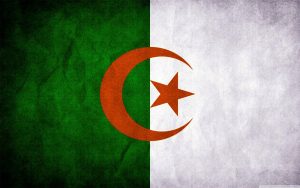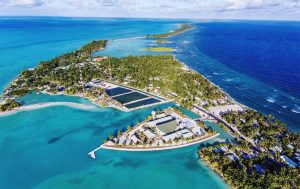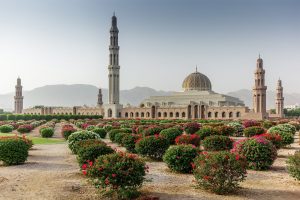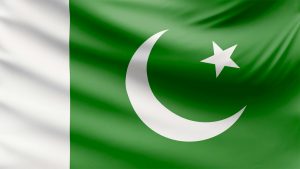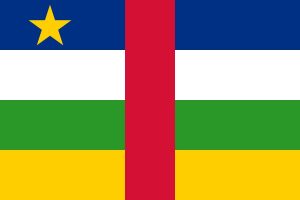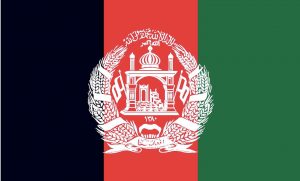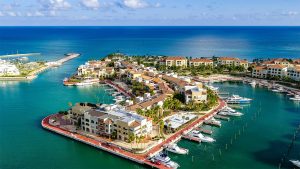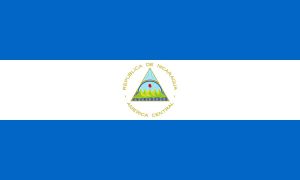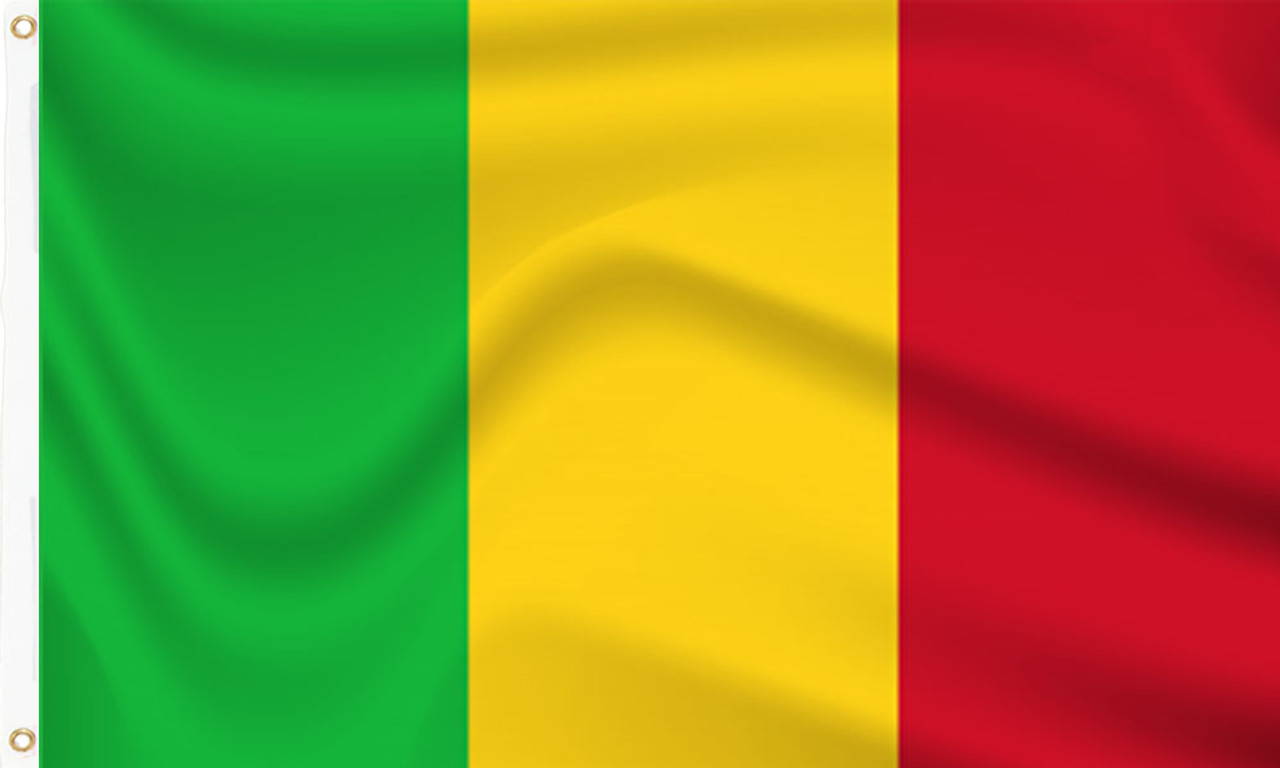
28 interesting facts about Mali
- 👁️ 2540
Mali, a landlocked country in West Africa, has a rich cultural heritage that traces back to the days of ancient empires. Known for its diverse landscapes ranging from the Sahara Desert in the north to the fertile banks of the Niger River, Mali is steeped in history and tradition. The country is famous for its music, vibrant festivals, and historic cities like Timbuktu, which was a center for trade and Islamic scholarship during medieval times. Despite its challenges in recent decades, Mali continues to be a repository of African culture and history.
- Mali is the eighth-largest country in Africa.
- The Niger River is Mali’s lifeblood, providing essential water resources for agriculture, fishing, and transportation.
- Mali was once part of three famed West African empires that controlled trans-Saharan trade: the Ghana Empire, the Mali Empire, and the Songhai Empire.
- The historic city of Timbuktu in Mali was a significant cultural and scholarly center during the 15th and 16th centuries.
- The Great Mosque of Djenné is considered one of the greatest achievements of the Sudano-Sahelian architectural style.
- Mali’s population is ethnically diverse, including Bambara, Fulani, Soninke, Songhai, Tamasheq, and Dogon among others.
- The Dogon people of Mali are known for their astronomical knowledge and traditional dances.
- The Festival au Désert, held annually in Timbuktu, is one of Mali’s most famous music festivals, attracting artists and spectators from all over the world.
- Mali is one of the largest producers of gold in Africa.
- The Bandiagara Escarpment, a sandstone cliff in Mali, is home to the Dogon villages and has been listed as a UNESCO World Heritage Site.
- The traditional mud cloth, or bogolan, originates from Mali and is made using an ancient dyeing technique involving fermented mud.
- Mali became independent from France on September 22, 1960.
- The country has two UNESCO World Heritage Sites: Timbuktu and the Cliff of Bandiagara (Land of the Dogons).
- Malian music is internationally renowned, with artists like Ali Farka Touré, Amadou & Mariam, and Salif Keita.
- Mali was the cultural and intellectual center during the Mali Empire due to its Islamic schools and manuscripts.
- The Sankore University in Timbuktu was one of the earliest universities in the world, teaching thousands of students from all over Africa.
- Mali’s economy is largely based on agriculture and fishing, with cotton being its largest agricultural export.
- Mali features several national parks and reserves, including the Boucle du Baoulé National Park.
- The country’s official language is French, but many indigenous languages such as Bambara are widely spoken.
- Mali’s landscape features significant geographical diversity, from deserts in the north to fertile lands in the south.
- Traditional Malian cuisine is based on cereal grains like millet, rice, and sorghum.
- Mali is involved in several multinational peacekeeping missions.
- Every ethnic group in Mali has its traditional festival, which typically celebrates agriculture, religion, or social occasions.
- Mali’s political history has been marked by instability, including several coups since independence.
- The country is named after the Mali Empire that existed about the 14th century.
- Mali hosts the biennial African Photography Encounters, a major international photography festival in Bamako.
- The Malian government has established several initiatives to preserve its historical manuscripts, especially those in Timbuktu.
- Mali’s Cheick Modibo Diarra was one of the first black Africans to work as a lead scientist at NASA.
Mali, with its blend of historical significance and rich cultural tapestry, offers a deep dive into the heart of West Africa’s historical empires and contemporary challenges. Each fact about Mali not only enlightens on its past and present but also sheds light on the resilience and diversity of its people. This landlocked nation remains a significant cultural beacon in Africa, telling tales of ancient empires, traditional music, and diverse ethnic groups, making it a profound study of survival and heritage.

